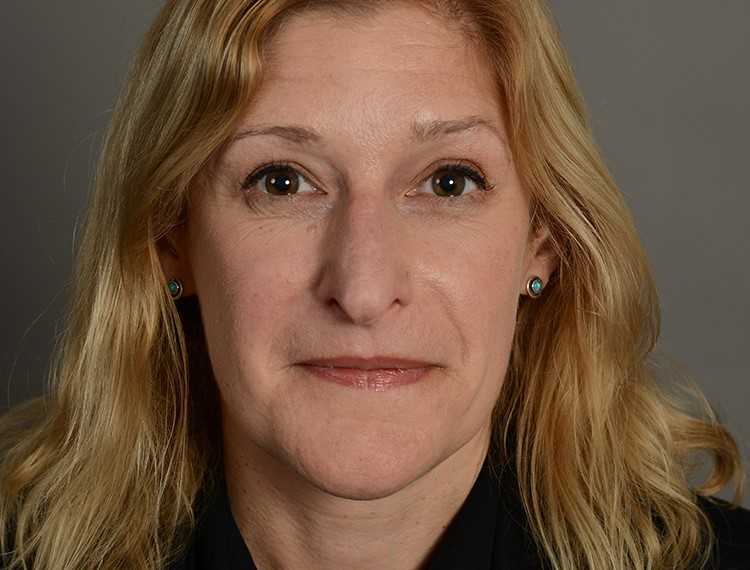Getting to grips with end-point assessments

Apprenticeships are big news. Most of us are aware of the three million target that the government has set, the changes to funding, and the ways in which apprenticeship standards differ from apprenticeship frameworks. The changes are wide-ranging and the potential rewards are significant. Increasing the volume of high quality apprenticeships brings not only improvements to productivity but also to social mobility.
Should we take this seriously or are apprenticeships just the latest fad?
At the ETF, we firmly believe that apprenticeships provide fantastic opportunities for employers, providers and apprentices, but that realising the significant benefits can’t happen without hard work and a lot of support, to ensure that every apprentice has a high-quality experience.
It is natural that there are concerns about the implementation of such significant policy changes, and one area causing a fair amount of concern is the introduction of independent end-point assessments (EPA). Concerns include whether there are enough EPA assessors with the right skills, how to grade fairly and consistently, and if there are sufficient numbers of EPA organisations on the register to cover the standards that are being approved.
Recent research conducted with industry and assessment experts, through Future Apprenticeships, estimated that between 23,000 and 42,000 assessors will ultimately be required to deliver between 570,000 and 630,000 end-point assessments each year.
The research involved a series of professional dialogues where the role of the end-point assessor was discussed with a range of employers, providers, awarding organisations and sector bodies, to develop an understanding of the skills an effective end-point assessor will need. This is crucial. And it is essential that end-point assessors have credibility with employers, providers and with apprentices themselves.
What does the research indicate that EPA assessors need to be able to demonstrate?
- Up to date, relevant, deep and broad experience of working in the occupational area of the apprenticeship standard.
- Relevant expertise equivalent to, or higher than the level of the apprenticeship standard being assessed.
- The ability to undertake holistic, graded assessment effectively, including assessing evidence from a range of occupational contexts, interpreting apprenticeship standards and understanding what to expect in a range of possible contexts, and the ability to embed equality and diversity principles.
- Capability to work with internal quality systems that ensure consistency, fairness and reliability of performance and evidence collection.
There are challenges for both EPA organisations and for individuals who are thinking about becoming an end-point assessor, not least around staff development. Future Apprenticeships has a range of options for both organisations and individuals. A new online self-assessment tool for individuals thinking of becoming an end-point assessor for apprenticeships has been developed as part of Future Apprenticeships. The tool will enable people to self-assess against the skills, knowledge and experience needed by an end-point assessor, identify their CPD needs and access support and resources to start their CPD journey.
There are a number of events being hosted in December and January for potential end-point assessors, to help kick-start their preparations and continuous professional development (CPD). There are also several one day workshops for organisations – either for those considering becoming an EPA Organisation or those that are already on the register.
The events are part of the Future Apprenticeships end-point assessment programme, managed and run by the Association of Employment and Learning Providers (AELP) and the Strategic Development Network (SDN).
Members of the Society for Education and Training (SET) can benefit from a 15 per cent discount on our courses.
Alison Morris, Director of Sector Development, the Education and Training Foundation (ETF)












Responses